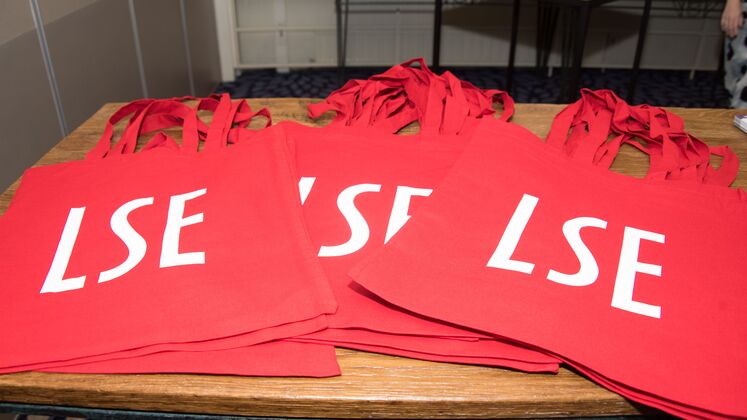If you are an incoming student at LSE and you are not an English native speaker, you will probably need to sit an English language exam to prove your level! I am Italian and before passing the exam I had never studied for a long period in the UK. Here is some advice and information for those who are going to sit the exam.
What is the exam like?
The IELTS is divided into four different parts: reading, listening, writing and speaking. Your final grade is your average score in the four different parts. In order to enrol in a master’s at LSE you will have to provide evidence of your English level. Since requirements are different for some programmes, I suggest making sure to check the specific one for your master’s degree before sitting the exam.
Preparing the exam
Once you know which level of English you need to achieve, you can start preparing for the exam. You can decide to attend a course before sitting the IELTS. However, you can also decide to study independently, and this is what I did! I already had some knowledge of English and I found it practical to study by myself during the summer. Therefore, I decided to buy a specific IELTS book with exercises for the level I wanted to achieve. This kind of books can be quite useful as they contain exercises, solutions, mock exams and useful links for the preparation of the IELTS. Once you have your book, you can make a study plan and prepare for all four parts before the exam session.
Mock Exams
After revising the grammar and the vocabulary that is required for the IELTS, you should try to do some mock exams. They are a good way to understand your level. If you are not attending a course, you can easily find mock exams in the book or online. For the reading and the listening parts, you will be able to find the solutions at the end of the test. As for the writing and the speaking part, there isn’t a single solution as students will end up writing different things or talking about different topics. Therefore, you will just find an example of a correct answer. It can still be helpful as you will see what kind of vocabulary and structure are expected from you.
Practicing the speaking
If you do not have anyone to practice the speaking with, you can still train by yourself! You need to have a look at the different topics that might turn up at the speaking exam and prepare some answers to different questions in order to learn some useful vocabulary. In addition, the first part of the exam is about personal questions regarding topics such as family, hobbies and school. This is an easier part that you can prepare beforehand by yourself. Also, I think it is a good strategy to prepare in advance some vocabulary that can be used in different contexts, so you will be able to speak about anything. Usually, most students are more insecure about this task compared to the others, as you have to improvise in front of an examiner. However, there is nothing to be afraid of! Actually, most of the people I know had their highest grade in the speaking task.
Good luck!
Find out more about the English language requirements for the LSE undergraduate and graduate programmes.





